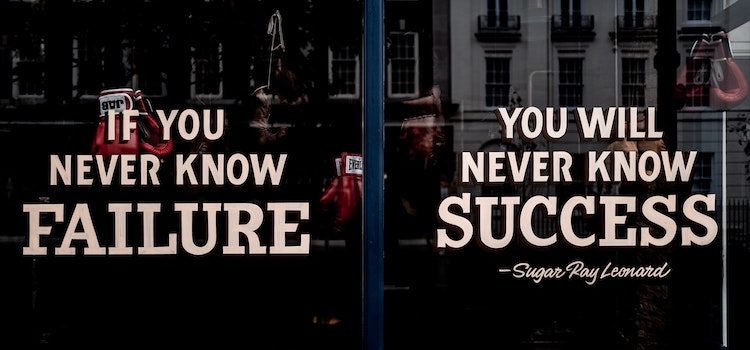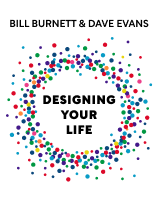

This article is an excerpt from the Shortform book guide to "Designing Your Life" by Bill Burnett and Dave Evans. Shortform has the world's best summaries and analyses of books you should be reading.
Like this article? Sign up for a free trial here .
What is productive failure? How can you become immune to failure?
Failure is part of life. Instead of trying to avoid it, you can change your attitude toward failure and life in general. Productive failure has value, because it helps you learn and grow.
Keep reading to learn what’s so great about productive failure.
Leveraging Productive Failure
You can become immune to failure by reframing your belief about what failure means. You also can learn and grow from your failures.
Defective belief: The success or failure of your life depends on its outcome.
- Corrected belief: Life isn’t an outcome. It’s a process.
Defective belief: There are winners and losers in the finite game of life.
- Corrected belief: There are no winners or losers in the infinite game of life.
The Value of Failure
Becoming immune to failure doesn’t mean you’ll never fail again. It means you’re protected from the negative feelings of self-recrimination that usually accompany failure.
You achieve this state by reframing your belief that failure is bad. You realize that when you’re a life designer, you fail intentionally and fail more often because you regularly employ the two life design attitudes of curiosity and experimentation. These lead you to generate ideas and build prototypes—which can fail. You also learn from the failures that arise from your personal weaknesses and screw-ups.
Failure is a necessary part of the design process. It’s the raw material of success because it informs how you generate more ideas and build more prototypes. Productive failure contributes directly to who you become, both professionally and personally.
The Nature of Failure and the Nature of Life
Realize that there’s a distinction between the productive failures of the design process and the psychological identity of “being a failure.” The latter is flatly impossible when you realize that your whole life is actually a process of life design. Because you’re always growing and changing, life is an “infinite game,” to use the philosopher James Carse’s memorable term. An infinite game is one in which you don’t follow preset rules in an effort to win but play with the rules themselves for the pure joy of the game.

———End of Preview———
Like what you just read? Read the rest of the world's best book summary and analysis of Bill Burnett and Dave Evans's "Designing Your Life" at Shortform .
Here's what you'll find in our full Designing Your Life summary :
- Why finding your "true passion" in life is a myth
- The five mental attitudes in design thinking
- How to design a meaningful life in which you can truly thrive






